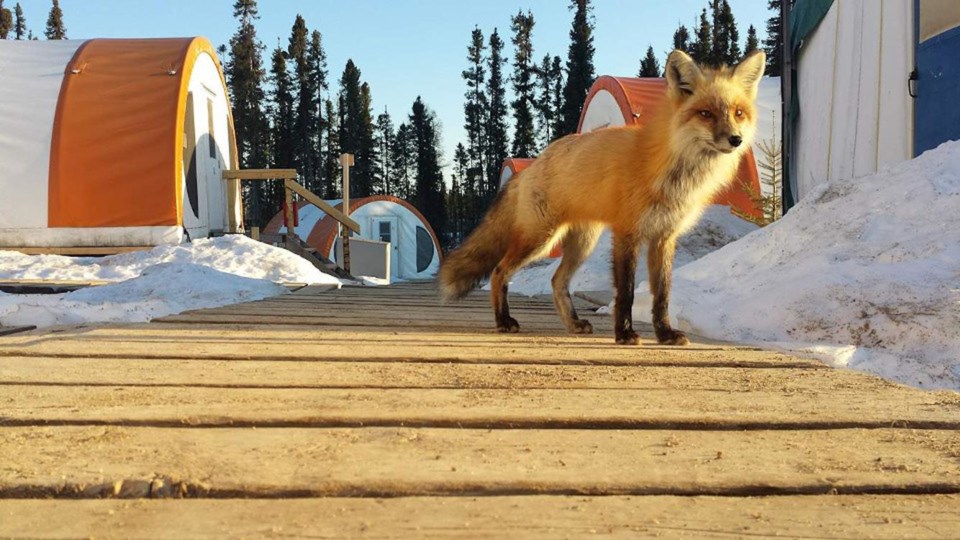A major milestone has been reached on the path of potential mining development in the Ring of Fire.
Noront Resources shareholders overwhelming approved the sale of the Toronto junior miner's mineral assets in the Far North to Wyloo Metals of Australia.
Shareholders voted 98.92 per cent in favour of the $616.9-million deal during a special shareholders meeting on March 15.
Noront shareholders have another 10 days to decide if they want to retain their shares or receive the $1.10 cash offer by Wyloo.
In today's vote, more than 80 per cent of shareholders elected to receive the cash, meaning the company will go private. Privatization won't be formalized until the end of the business day on March 25.
Questions on the future of Noront management remain undetermined.
The Ontario court and the TSX must give their final approval as well. If this happens, the deal closes April 7.
The high-grade Eagle's Nest nickel copper, platinum and palladium deposit is the prized asset of Wyloo, one of Australia's largest private investment groups, owned by mining magnate Andrew Forrest.
Wyloo came aboard in late 2020 as a majority shareholder, growing that stake in Noront to 37 per cent prior to today's vote.
Noront's James Bay assets also include the Blackbird, Black Thor, and Big Daddy chromite deposits located in the remote region, some 500 kilometres northeast of Thunder Bay.
Just before last Christmas, Wyloo won a six-month bidding war against BHP when its Australian rival chose not to match Wyloo's $1.10 per common share - $616.9 million - proposal to acquire Noront and its rich mine-ready and advanced exploration-stage metals projects in Ontario's Far North.
The timing of this month's vote is remarkable.
Nickel prices surged this month following the Russian invasion of Ukraine and the resulting Western sanctions, which sparked concerns about the supply of the metal.
Russia accounts for 10 per cent of global nickel supply, used primarily in stainless steel and electric vehicle batteries.
After nickel prices briefly hitting the US$100,000-per-tonne market for the first time on March 8, nickel prices settled around $48,000 per tonne.
With brokers struggling to pay margin calls on March 8, the London Metal Exchange halted traded until March 16, and after tomorrow's restart trading will happen in European hours and with a 10 per cent daily limit on price moves.
Nickel prices had been trending upwards in bull mode before the invasion based on depleted global inventories in London Metal Exchange-registered warehouses, their lowest since 2019.




